Did you know that slips and falls are the number one type of insurance claim for hospitality businesses, and the second is the use of force? When done incorrectly, the use of force can result in high insurance premiums and legal issues, so we feel nightlife security training should be a top priority for bar, nightclub, hotel, and music venue owners. This article discusses how security training promotes safety, reduces risk, and smooths operations.
Say “No” to Bar Bouncer
Let’s start by saying that at no point in this article will we refer to a “bar bouncer” or “doorman.” Go to any hospitality expo or talk to experts; the term is outdated, incorrect, and doesn’t fully encompass the job’s responsibility. The intent is not for the person to “bounce” people out of the facility. Instead, they should maintain safety and reduce risk. Only as a last resort should your trained staff use force.
In comparison, the term doorman implies that the person will remain stationary at the door. True, this might be the case during peak hours. Ultimately, that person should monitor a specified zone (when multiple people are employed) or the whole building. Trouble can be lurking in dimly lit parking lots and bathrooms as well. We prefer the terms hospitality security professionals, hosts, bar security, club security, ambassadors, and nightclub security.
Club Security and the Front Lines
Your club security should be your front-line defense. They monitor customers coming in, recognize problems before they escalate, and handle situations that get out of control. Your business isn’t an MMA fighting event (until it is), but using force is tricky to navigate, resulting in insurance claims. Robert C. Smith, CEO/President of Nightlife Security Consultants (NSC), states, “Losses from the use of force issues are the largest preventable cost in the hospitality industry.”
Nightclub Security Training Reduces Risk
After taking nightclub security training, you can monitor, recognize, and manage problem situations. Giving your establishment an excellent chance
of reducing risk. You’re less likely for minors to be entering the building. To keep patrons from becoming overly intoxicated and prevent people from engaging in nuisance behavior or creating a disorderly premise (sex, drugs, weapons, fights, etc.).
The California Department of Alcoholic Beverage Control enforces Business and Professions (B&P) Code 25601, stating that individuals can not have a “disorderly house.” While B&P Code 24200 does not allow businesses to operate in “objectionable conditions”. Failure to correct the issues can result in a Misdemeanor. States, cities, and counties such as Berks, Pennsylvania, have adopted Nuisance Bar Projects dedicated to enforcing harsh laws giving the District’s Attorney’s office the ability to file a civil action against the bar, nightclub, hotel, and music venue owners. The added legislation has encouraged members of the community to voice citizen complaints.
Hospitality Nightclub Security Training Programs Promote Smooth Operations
Once trained, properly trained hospitality nightclub security staff has proven to promote smoother business operations. They advocate increased visibility and a positive public image while preventing cost increases and reducing the likelihood of criminal and civil liability. Trained staff members add to the guest’s experience. You are making them feel safe and protected while enjoying a night out. At the same time, they are deterring problem makers by making complex, timely decisions while standing on solid ground.
Security Guard Training Triple Whammy
In partnership with Nightlife Security Consultants, we are offering our California customers the triple whammy:
- Sign up through Serving Alcohol to train all alcohol-serving employees using our approved, required, and highly recommended (95%) California Responsible Beverage Service (RBS) training
- Sign up for the Responsible Alcohol Manager course to help managers understand establishment safety, house policies, and documentation.
Enroll in the state-required 16-hour California Proprietary Security Officer (PSO or PPSO) Certification program.



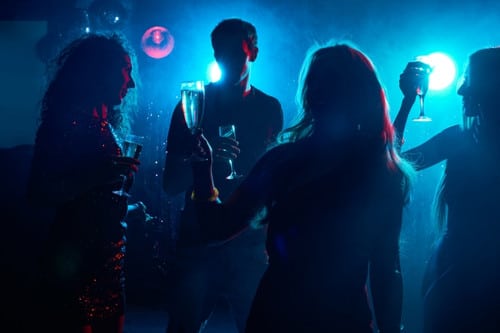
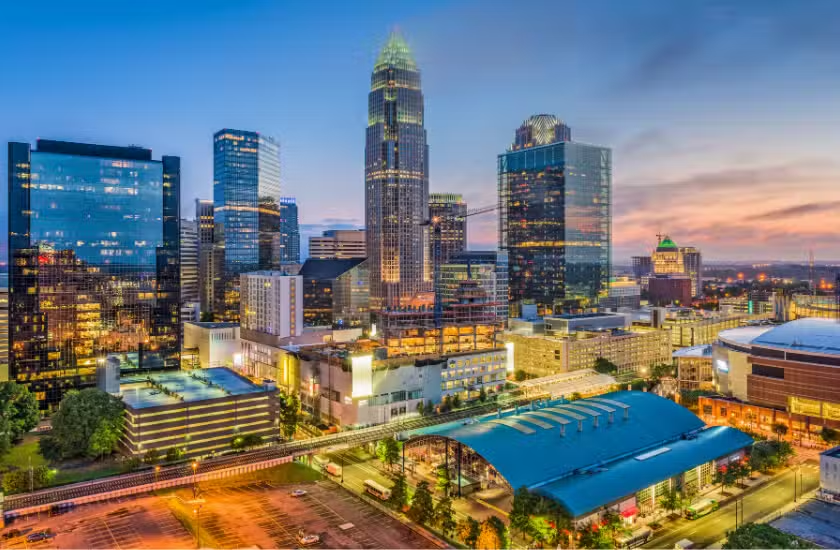
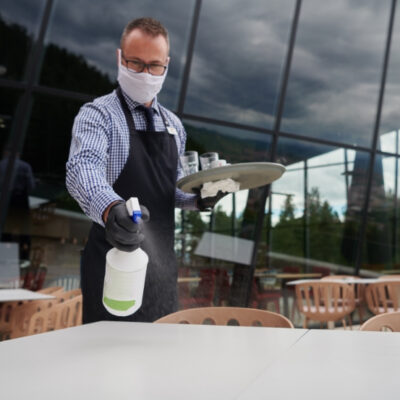

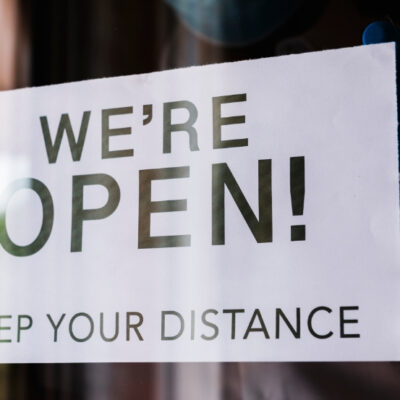
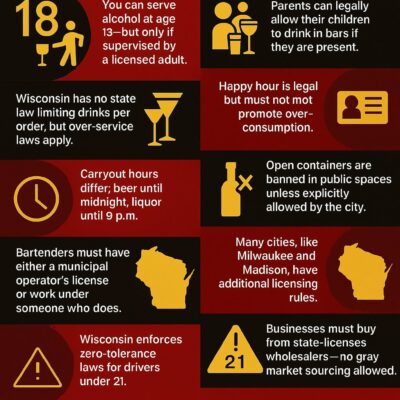
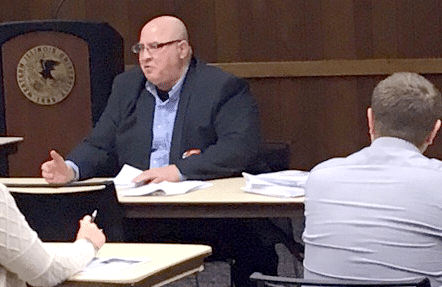
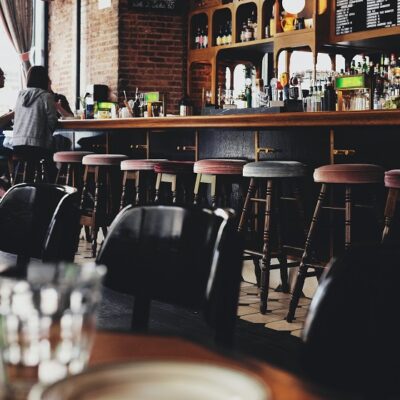
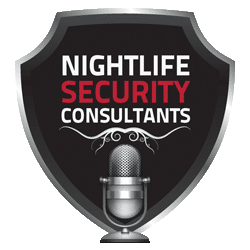
Leave a Reply
You must be logged in to post a comment.